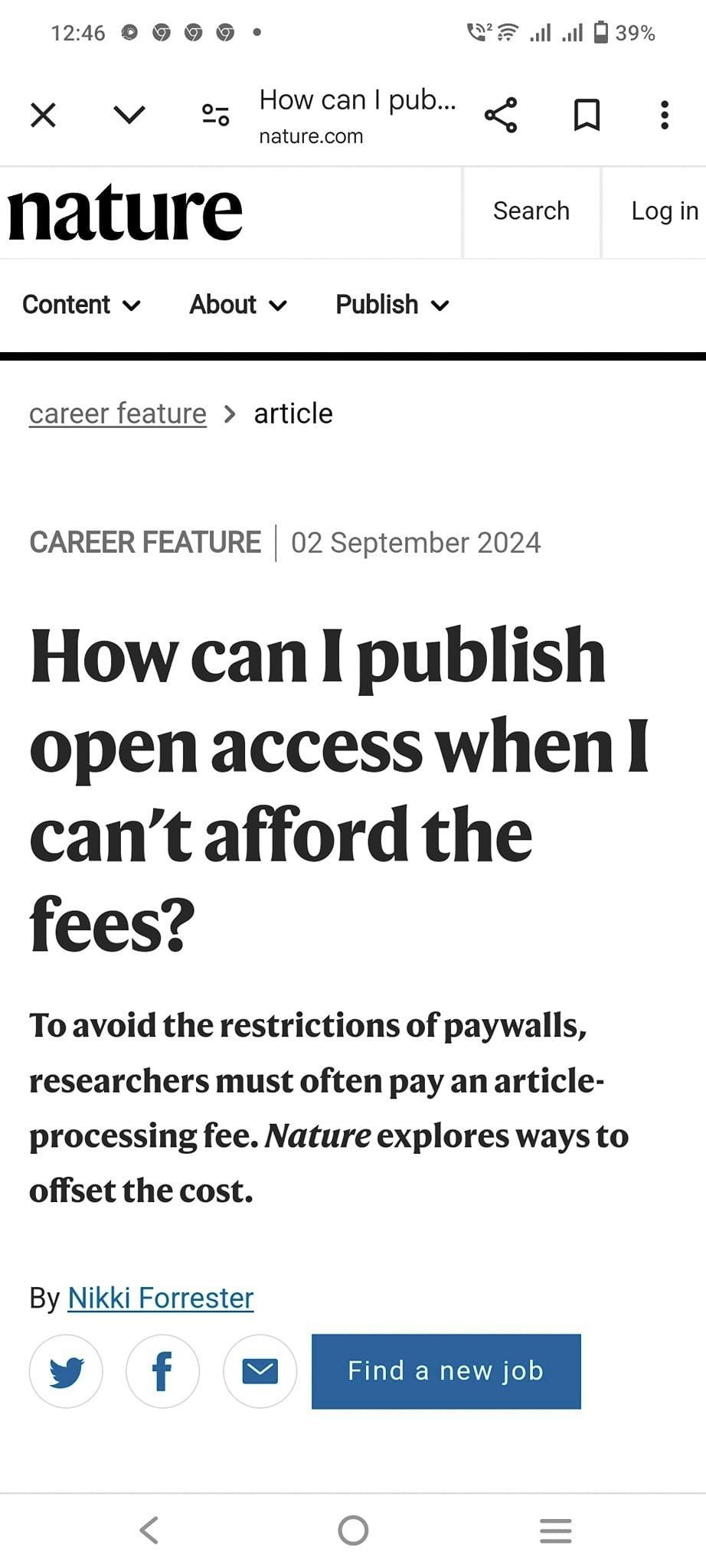this post was submitted on 08 Sep 2024
498 points (99.4% liked)
Science Memes
11586 readers
1098 users here now
Welcome to c/science_memes @ Mander.xyz!
A place for majestic STEMLORD peacocking, as well as memes about the realities of working in a lab.

Rules
- Don't throw mud. Behave like an intellectual and remember the human.
- Keep it rooted (on topic).
- No spam.
- Infographics welcome, get schooled.
This is a science community. We use the Dawkins definition of meme.
Research Committee
Other Mander Communities
Science and Research
Biology and Life Sciences
- [email protected]
- [email protected]
- [email protected]
- [email protected]
- [email protected]
- [email protected]
- [email protected]
- [email protected]
- [email protected]
- [email protected]
- [email protected]
- [email protected]
- [email protected]
- [email protected]
- [email protected]
- [email protected]
- [email protected]
- [email protected]
- [email protected]
- [email protected]
- [email protected]
- [email protected]
- [email protected]
- [email protected]
- !reptiles and [email protected]
Physical Sciences
- [email protected]
- [email protected]
- [email protected]
- [email protected]
- [email protected]
- [email protected]
- [email protected]
- [email protected]
- [email protected]
Humanities and Social Sciences
Practical and Applied Sciences
- !exercise-and [email protected]
- [email protected]
- !self [email protected]
- [email protected]
- [email protected]
- [email protected]
Memes
Miscellaneous
founded 2 years ago
MODERATORS
you are viewing a single comment's thread
view the rest of the comments
view the rest of the comments

There are several benefits, but compared to WordPress, I guess the biggest one is outreach: no one will actually see an article if it's published by a young researcher that hasn't made a name for themselves yet. It will also not be catalogued and will therefore be more difficult to find when searching for articles.
Also, calling researchers "whipped" is a bit dismissive to the huge inertia there is in the realm of scientific publication. The scientific journal of Nature was founded in 1869, but general open-access publishing has only really taken off in the last decade or so.
So they are the source of your credibility. And you continue to agree to have it that way.
No, that's not what I said. You're right that journals, to some extent, also lends credibility to the publication, but it's not the source of credibility. What I said was that an article published in Nature will have many more views than an article published on a random WordPress blog.
Again, saying that researchers "agree to have it that way" ignores the structural difficulty of changing the system by the individual. The ones who benefit the most from changing the system are also the ones most dependent on external funding - that is, young researchers. Publishing in low-impact journals (ones that has a small outreach such as most open-access journals) makes it much harder to apply for funding
It's not what you wanted to say, but it is what the words you wrote effectively meant.
Nature doesn't lend you credibility. You and your colleagues read Nature because it's how you filter out the trash.
Researchers agree to have it that way. I will not yield on that argument. You do, you agree to it by majority to this day.
By this logic, you and everyone else agree to climate change. Everyone in Venezuela agrees to Maduro.
It has nothing to do with majority, it's a collective action and balance of power.
That's okay. If you view the journals as glorified blogs, I agree that they're unnecessary. They aren't and do more than that even though they're also doing a lot of bad stuff with sky high profit margins. If you're not open for changing your views, I don't see the point of discussing any more. Appreciate the back and forth, tho!